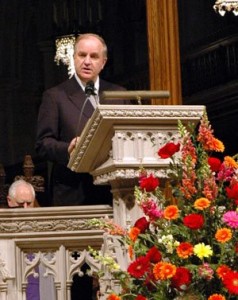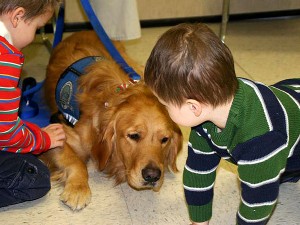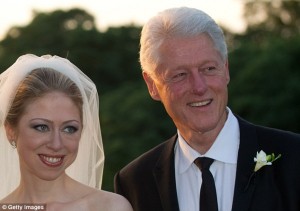Delivering a eulogy for a loved one takes great empathy and maturity. I’ve been moved by many I have heard.
Often, however, I wonder what impact the words expressed would have had on the person being remembered. Did they ever have the opportunity to know what their loved ones felt? Did they appreciate the contributions they had made to lives of those who loved them?
All too often, the answer is no. Yes, they may have had toasts at a birthday party or had meaningful conversations with their spouse or children. They may have memory books or letters from grandchildren. Yet, we often hesitate in expressing our admiration and appreciation for those we love.
Why Do We Wait?
Perhaps we fear exposing our own vulnerabilities. Perhaps we think we may embarrass our loved ones.
Consider, however, when our words would have the greatest impact. Why wait to express them? They can enrich our loved ones lives when they are alive.
My Grandfather
I saw this first hand with my grandfather.He was a doctor in Milwaukee, Wisconsin for 40 years.
Every once in a while he would reach into a closet in his apartment that contained a box of letters he received from patients. They spoke of his warmth and caring for them, and he would read them aloud to me as a tear or two formed in his eyes.
He savored his life’s work and gained an incalculable benefit from hearing the words of others while he still could.
When Not To Be Patient
We can apply this lesson in other areas of life as well. We can celebrate professional colleagues during their career, and not just when they move or retire. We can tell our children throughout their lives how proud we are of them, and highlight the unique gifts and talents and character they bring to the world.
Patience is a critical virtue in life. We need not be patient, however, when it comes to honoring those we love.
I Almost Told Her
Rabbi Jack Riemer tells a haunting story of a funeral he conducted. As friends and family began to leave the cemetery, the husband of the deceased remained by grave. He kept repeating to the rabbi that he loved his wife. “I love my wife, ” he said. “I love my wife.”
The rabbi said “I know. The rabbi waited, and after a while, he returned to the man and said that the cemetery was closing, and it was time to go. The man answers, “I love my wife.” The rabbi answered, “I understand. But it’s time to go. The cemetery is closing.” The man replied, “You don’t understand. I love my wife. And once I almost told her.”
This inability to express our feelings is all too common. One writer calls it “emotional constipation.” Those who have it often have little trouble expressing certain feelings like anger and annoyance. Love, however, remains inside of us. Let us pledge to bring it out.
By Evan Moffic
GET YOUR FREE EBOOK: HOW TO FORGIVE EVEN WHEN IT HURTS.


